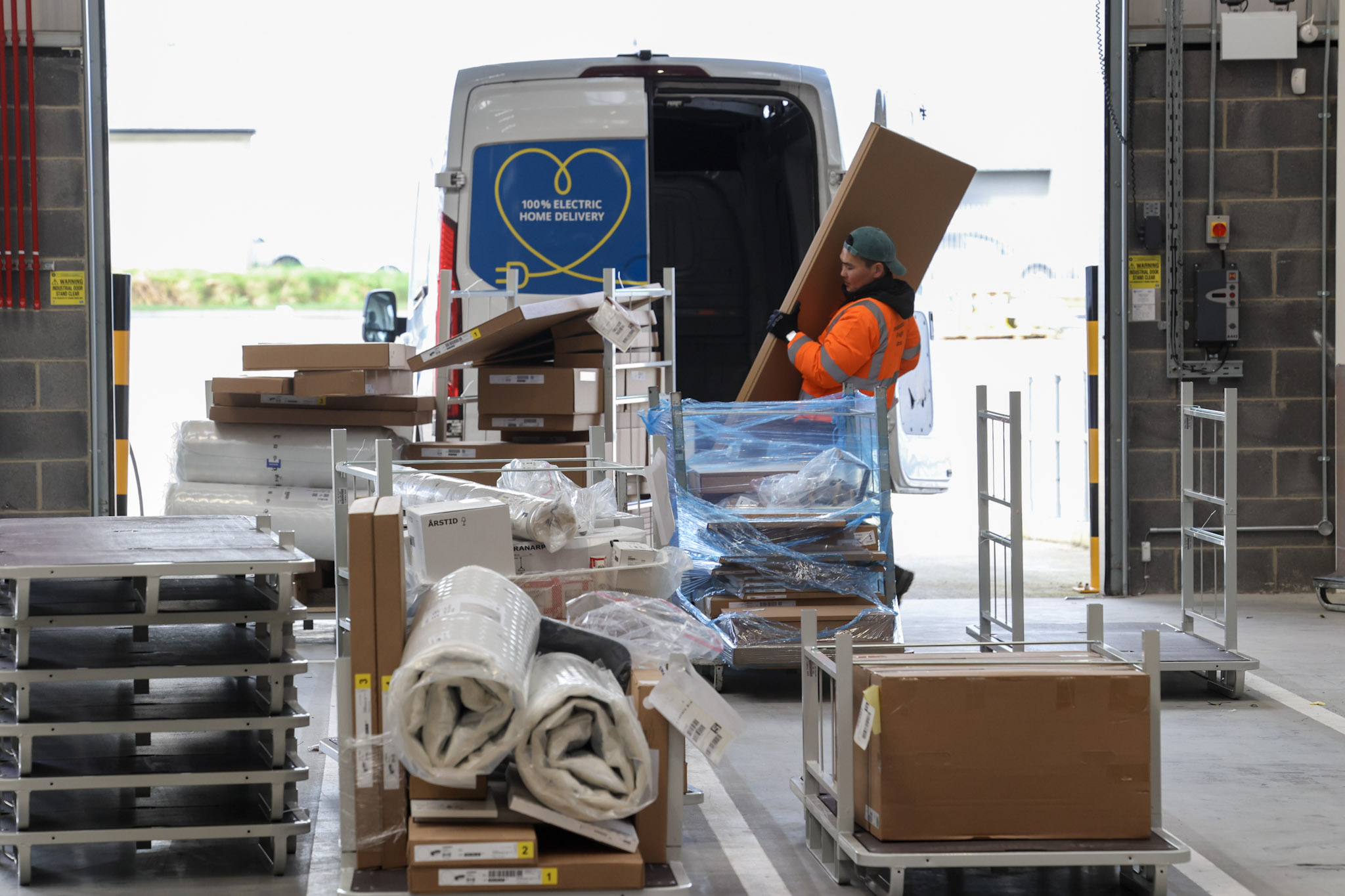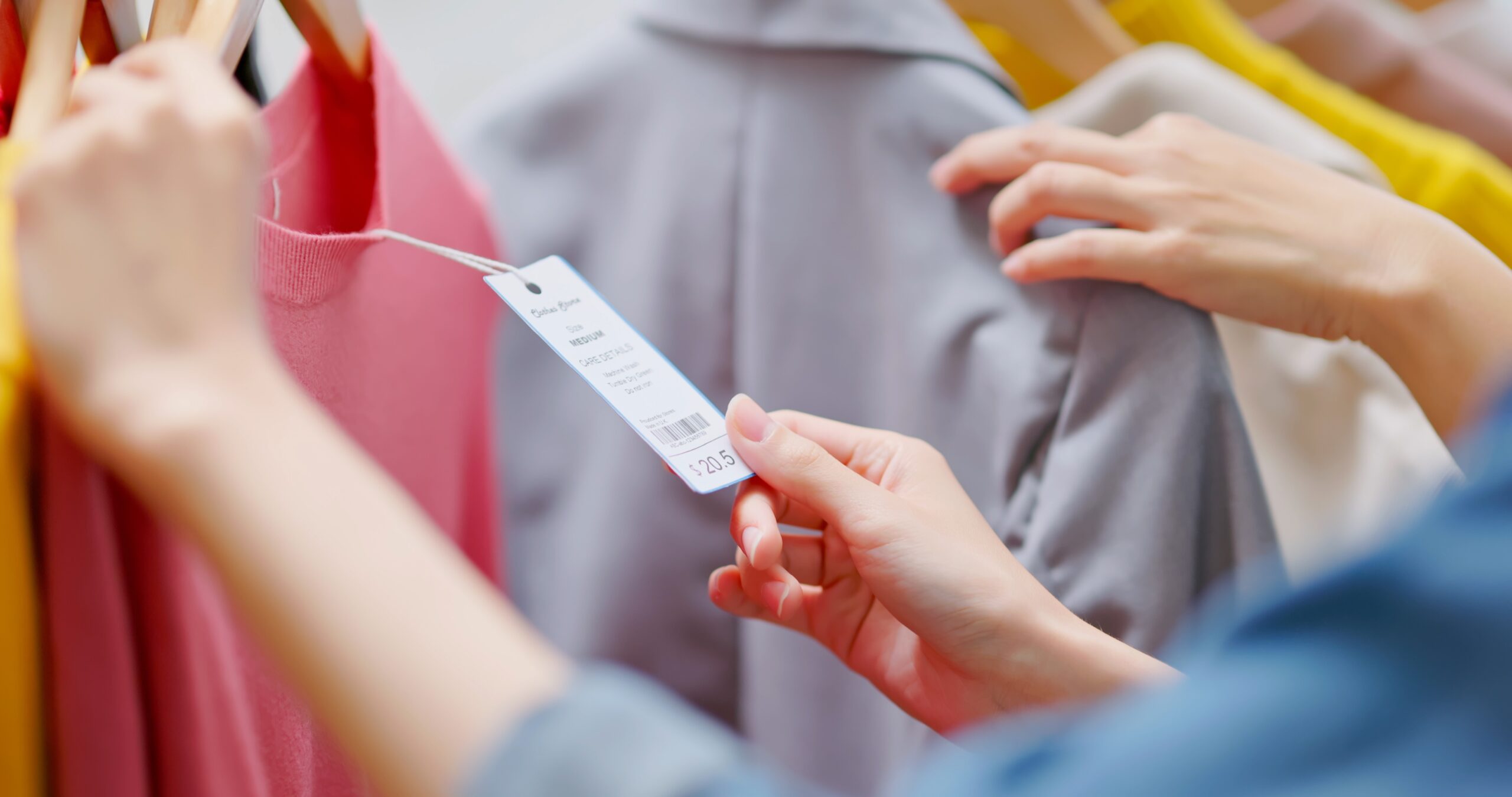News that online fashion saw something of a rally in late December comes as welcome news – but the sector still faces increasing pressure from the cost-of-living crisis, sustainability and a growing love of second hand clothing.
Love Island, which is going great guns on ITV currently, has upped the pre-loved ante this year, going from a light dabble with preloved and vintage clothing in partnership with eBay to taking it to the max.
During this week’s launch episode, all the contestants – or Islanders, as the show would have it – rocked pre-loved items from eBay. With co-ords, mini dresses and bomber jackets from designer brands including Prada, Reiss and Diesel making an appearance.
The cherry on top? Some of the items were worn by Islanders last season, helping to further promote eBay’s message of circularity and inspire more conscious fashion habits. This is pre-loved being re-loved.
Alongside the Islanders jumping on the pre-loved trend, it seems that viewers have been too, with eBay UK seeing 1600% more searches for ‘pre-loved clothes’ since the announcement of the partnership and a massive 2.7 million people saying they will make more effort to shop more sustainably.
In fact, sustainability is very much top of many consumers agendas for 2023, with nearly two thirds of them saying that its more important than it was a year ago – a third of them because they have directly experienced extreme weather.
However, while fashion has seen boost because of pre-loved, actually making pre-loved and sustainability part of the consumer routine is as hard as it is to truly kick the fast fashion habit.
According to research, 55% of UK consumers say living sustainably is important for society and they try to make sustainable choices when they can, with 18% saying sustainability is an important priority in their daily lives. However, 22% find it difficult to shop for grocery products in a sustainable way, a more significant figure than 5 years ago (16%). As a result, 30% are less likely to stop buying if a brand is found guilty of greenwashing, compared to the global average of 23%.
While eBay must be commended for making pre-loved fashion fashionable, the longer term aim of making all sectors more sustainable looks, thanks to the cost of living crisis, less obtainable than it has ever been.
The drive to make it happen has to come from business. While there are many cheap and quick box ticking, easy wins in the short term, the existential threat of climate change will soon be a very real legal and regulatory threat as rules change to make businesses more environmentally neutral. The need to report their footprints will see many have to change what they do – but that will cost. Can that cost be passed to consumers? Not right now it can’t.
One company that has already seized the day is SportsShoes.com. For headlines it is offsetting 40 years of carbon to mark its 40th anniversary. However, in real terms the give away marks the next step in many years of careful research, monitoring, understanding and slow implementation of strategies to make that possible. It is playing a long game to deep-think its operations and evolve them to be eco-friendly. It has also worked with partners and suppliers to go for the green options. This has taken time and, no doubt, has cost the company quick-win revenue. But the investment will pay off, for the company, for the customers who can assuage their conscience, and for the planet and those extreme weather events that have so piqued the interest of consumers in 2022.










